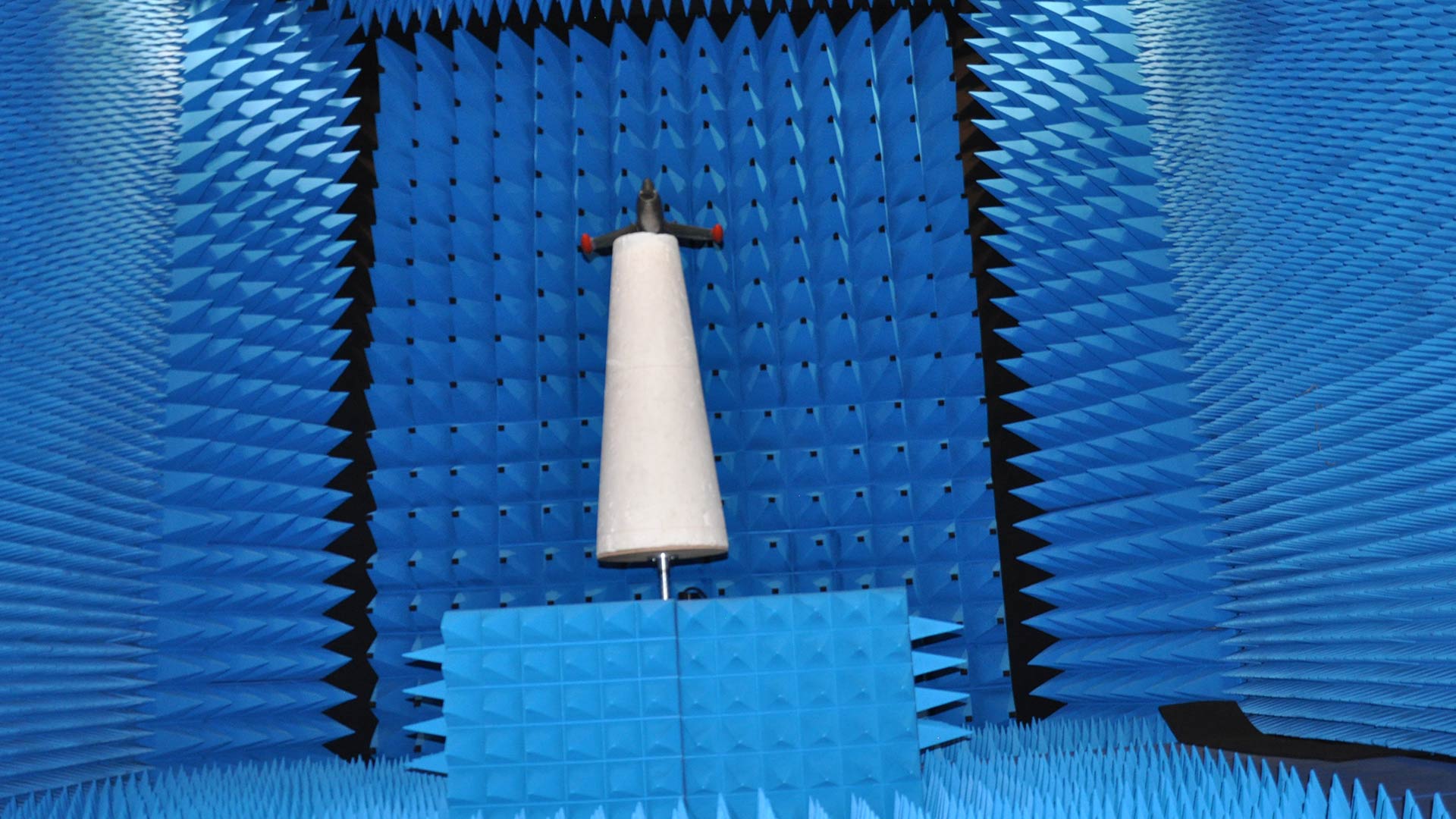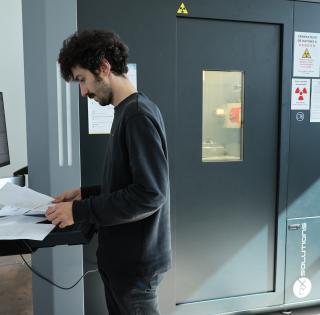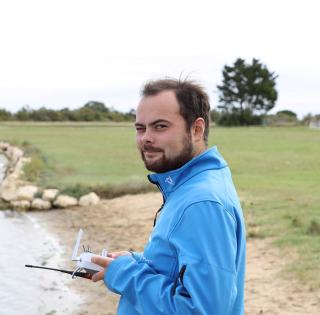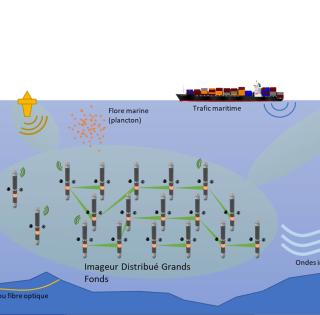
Development of signal assessment, detection and representation methods. Marine and underwater environment monitoring: acoustic source localization, environmental characterization, the nature and evolution of the seabed, object detection and recognition.
Space and airborne remote sensing: space-time estimation of geophysical fields and ecological dynamics; object detection and recognition (ships, planes, etc.); monitoring of areas of interest (detection, observation, etc.).
Expertise:
- Marine biology.
- Passive acoustics, synthetic aperture radar.
- Advanced signal/image processing: antenna processing, time-frequency analysis, nonlinear methods, Bayesian inference, parsimonious models, compressed sensing.
- Data science for the sea and big data: machine learning (deep learning, etc.).
Applications :
Defense (underwater acoustics and radar), marine biology, environment monitoring.
Deep learning for multiple target detection and recognition in variable background. (Partners: IRISA, UBO UMR AMURE, MBDA)
Assessment of the ecological and socio-economic consequences of killer whales and sperm whales depredation on French longline fisheries: implementing a techno-economic approach for its suppression. The team uses passive acoustic monitoring to assess the impact of the noise coming from ships on cetacean attraction. (Partners: CEBC-CNRS, MNHN, UBO AMURE, INRA BIOSP, IRD MARBEC, IFREMER)
Hydroacoustic observatory of seismicity and biodiversity in the Indian Ocean (Partner: LGO UBO).
Whale monitoring using an acoustic glider (Partner: Total Foundation for Biodiversity).
(Open Science meets Ocean Sounds Explorer): a collaborative underwater passive acoustics project for ocean observation (Partners: IMT Atlantique, IUEM, WHOI [The Woods Hole Oceanographic Institution]).
For the characterization of marine environmental fluctuations (DGA TN order; in collaboration with WHOI).

























